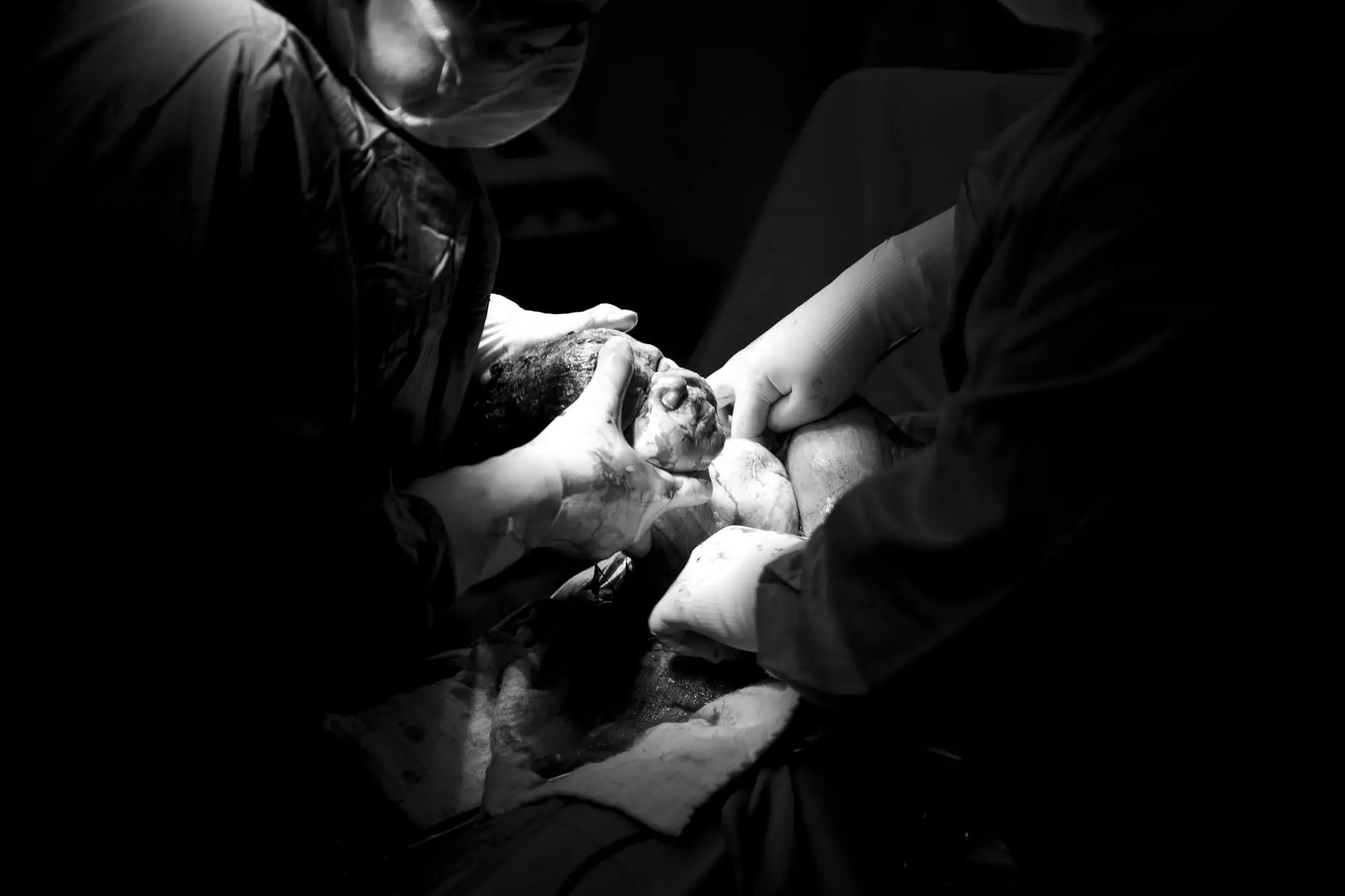Lung Cancer Treatment in Singapore: An In-Depth Guide

Lung cancer remains one of the leading causes of cancer-related deaths globally. In recent years, significant advancements in treatment options have emerged, particularly in Singapore, a hub for medical excellence in Southeast Asia. This article aims to provide a detailed overview of the various treatments available for lung cancer in Singapore, highlighting the importance of early diagnosis, innovative therapies, and the role of multidisciplinary care in achieving the best outcomes.
The Importance of Early Detection
Early detection of lung cancer is crucial for effective treatment. Routine screenings, especially for high-risk patients, can lead to earlier diagnoses when the disease is more manageable. Generally, early lung cancer presents less severe symptoms, making it vital for individuals to recognize the warning signs which may include:
- Persistent cough that doesn't go away
- Unexplained weight loss
- Shortness of breath or wheezing
- Chest pain or discomfort
Patients are encouraged to consult healthcare providers if they experience any of these symptoms, especially if they have a history of smoking or other risk factors.
Types of Lung Cancer
Understanding the type of lung cancer is essential for determining the most effective treatment strategies. There are two primary types of lung cancer:
1. Non-Small Cell Lung Cancer (NSCLC)
This is the most common type of lung cancer, accounting for approximately 85% of cases. NSCLC is further categorized into different subtypes based on the cancer's cell type:
- Adenocarcinoma
- Squamous Cell Carcinoma
- Large Cell Carcinoma
2. Small Cell Lung Cancer (SCLC)
Small cell lung cancer is less common, making up about 15% of lung cancer cases. SCLC tends to spread rapidly and is often diagnosed at an advanced stage.
Available Treatment Options in Singapore
Singapore's healthcare system offers a comprehensive range of treatments for lung cancer, emphasizing a tailored approach based on the individual patient's condition. The treatment options include:
Surgery
Surgery aims to remove the tumor and surrounding tissue. It is generally considered for patients with early-stage lung cancer. Types of surgical procedures include:
- Lobectomy: Removal of a lobe of the lung.
- Pneumonectomy: Removal of an entire lung.
- Wedge Resection: Removal of a small section of the lung.
Radiation Therapy
Radiation therapy uses high-energy rays to target and kill cancer cells. It can be an effective treatment for localized lung cancer or for patients who are not surgical candidates. Advances in radiation technology, including Stereotactic Body Radiotherapy (SBRT), allow for precise targeting of tumors, minimizing damage to surrounding healthy tissue.
Chemotherapy
Chemotherapy involves the use of drugs to kill cancer cells. It can be administered systemically or locally. Depending on the cancer stage, chemotherapy may be given:
- As neoadjuvant therapy (before surgery)
- As adjuvant therapy (after surgery)
- As a primary treatment for advanced lung cancer
Combination therapy using multiple drugs is also common to enhance treatment effectiveness.
Targeted Therapy
Targeted therapy is becoming increasingly popular due to its ability to focus on specific genetic mutations in cancer cells. Treatments like Tyrosine Kinase Inhibitors (TKIs) are used in patients with specific mutations such as EGFR and ALK. This therapy often results in fewer side effects compared to traditional chemotherapy, making it a promising option for many patients.
Immunotherapy
Immunotherapy harnesses the body’s immune system to fight cancer. Medications like Checkpoint Inhibitors have revolutionized lung cancer treatment, providing new hope for patients with advanced disease. These treatments can lead to durable responses and, in some cases, long-term remission.
Holistic Care and Support
A diagnosis of lung cancer can be life-altering, and comprehensive care is essential for patient well-being. In Singapore, a multidisciplinary approach is emphasized, merging various specialties to address the complex needs of lung cancer patients. Supportive care services include:
Physical Therapy
Physical therapy, including rehabilitation, plays a key role in helping patients regain strength and endurance after treatment. Therapists at hellophysio.sg are trained to work with cancer patients, offering tailored exercise programs to enhance rehabilitation and improve quality of life.
Psycho-Oncology Services
Emotional support is critical for patients diagnosed with lung cancer. Singaporean healthcare providers offer psycho-oncology services, including counseling and support groups, helping patients and families cope with the psychological impact of cancer.
Nutrition Counseling
Nutrition is instrumental in supporting patients through treatment. Dietitians guide lung cancer patients in optimizing their dietary intake, ensuring that they maintain strength and enhance recovery during treatment.
The Role of Clinical Trials
Singapore is at the forefront of clinical research, offering patients access to cutting-edge treatments through clinical trials. Participating in a clinical trial can provide patients with additional options that may not yet be widely available. Common themes in clinical research include:
- Novel drug therapies
- Combination treatments
- Comparative studies between existing treatments
Patients interested in clinical trials should engage with their oncologists to explore potential opportunities that fit their treatment profile.
Closing Thoughts
The landscape of lung cancer treatment is ever-evolving, particularly in a medical city like Singapore that prioritizes innovation and patient-centered care. Early detection and comprehensive treatment plans tailored to individual needs are essential in managing lung cancer effectively. With advanced surgical techniques, innovative therapies, and supportive care services offered through hellophysio.sg, patients have access to holistic care that enhances their journey towards recovery.
In addition to standard treatments, staying informed about clinical trials and supportive therapies can significantly impact the quality of life for lung cancer patients. As research continues to advance, the future holds promise for improved outcomes and higher survival rates.
Ultimately, fostering awareness, emphasizing early detection, and providing a range of treatment options are the keys to combating lung cancer effectively. For those seeking further information or assistance regarding lung cancer treatment options in Singapore, engaging with healthcare professionals and leveraging support systems is invaluable.
lung cancer treatment singapore








